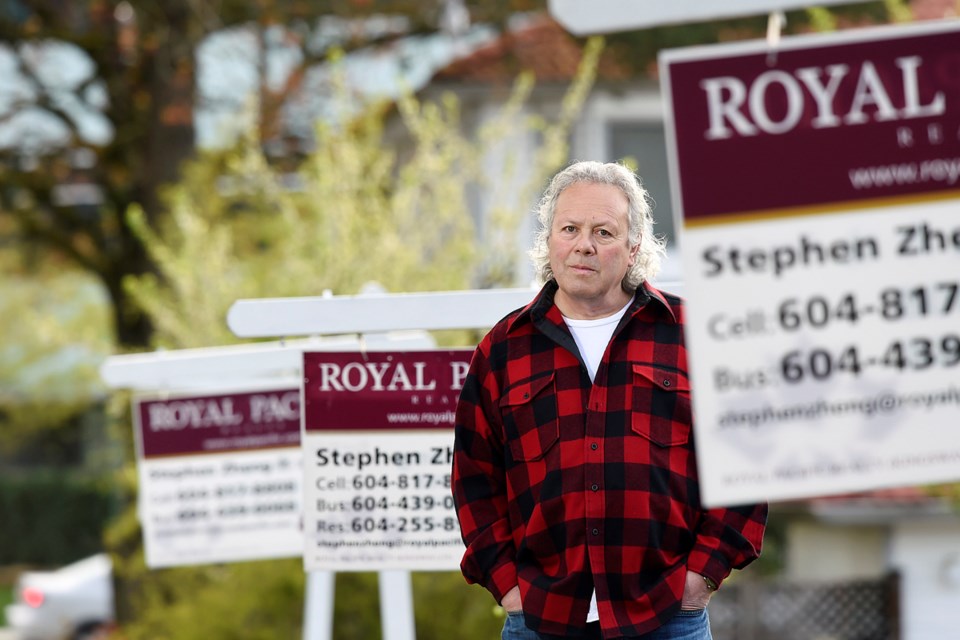Charles Wilkinson arrived in Vancouver in 1969 fuelled by idealism and a search for community.
His first order of business was to jump into the waters off Spanish Banks, a pivotal moment for the then 16-year-old Calgary native.
“I felt like I was home,” he said.
Those are fleeting feelings in today’s Vancouver. Instead, fear, greed and the very real prospect of homelessness are everyday talking points.
How we got here is the genesis for Wilkinson’s latest film, No Fixed Address, which screens at the DOXA Festival, which kicks of May 4, and makes its theatrical debut in Vancouver starting May 19.
No Fixed Address examines Vancouver’s housing bubble, its cross-generational impact and the precursors to the perfect housing storm. Mayor Gregor Robertson, developer Bob Rennie, Senator Yuen Pau Woo, scientist/activist David Suzuki and Province journalist Sam Cooper are among those Wilkinson interviewed for the film.
“The approach that I take is pretty much the opposite of talk radio, which is usually characterized by uninformed opinions that are angrily expressed,” Wilkinson said. “What I do is seek out people who actually know what a specific topic is about and they express it in a calm, rational way.”
The film’s narrative is separated into specific chapters that take on topics in a compartmentalized manner. Each factor is examined individually, but is part of the bigger puzzle: race, the boom, the backstory and the money, among others.
As the film unfolds, paradise is placed right next to paradox. One scene shows a lengthy queue of residents lining up out front of a high-end restaurant as they wait for a table. They are surrounded by homeless people.
“It’s not that people don’t care, it’s not that we’re indifferent,” Wilkinson said. “It’s just that we feel such a sense of hopelessness that we don’t know how to attack that.”
The sobering factoids continue: Wilkinson was also told by Cooper and other journalists that Vancouver is one of the top three cities in the world for money laundering; up to 90 per cent of the city’s condos are purchased on speculation, with investors expressing no desire to ever live here.
“That is absolutely devastating. It’s just jaw dropping,” Wilkinson said. “So many people are deeply concerned about losing their homes.”
While there’s doom and gloom throughout, the film isn’t all darkness. Wilkinson interviewed a household of five East Van millennials who are quite content with the situation. Described as all highly educated and under the age of the 30, the five tenants pay less in rent than most do on wine in a given month.
“They’ve seen more of the world in one year than I have in my entire life,” Wilkinson said.
Wilkinson lived in Vancouver for decades before re-locating to Deep Cove about 20 years ago. He’s watched the housing crisis unfold first-hand and there’s plenty of blame to go around.
“The fundamental cause of this is a finger that’s being pointed at all of us because we have been sold, or enthusiastically adopted, a style of life that is just so completely unsustainable,” he said. “We’ve exploited our resources in a way that’s been unsustainable. Those resources are gone. The easy stuff is gone. Once you sell the land, it’s gone forever.”
Details at vancouvernofixedaddress.ca.
The Vancouver premier of No Fixed Address is May 6. Its two-week run at Vancity Theatre kicks off May 19.
@JohnKurucz



